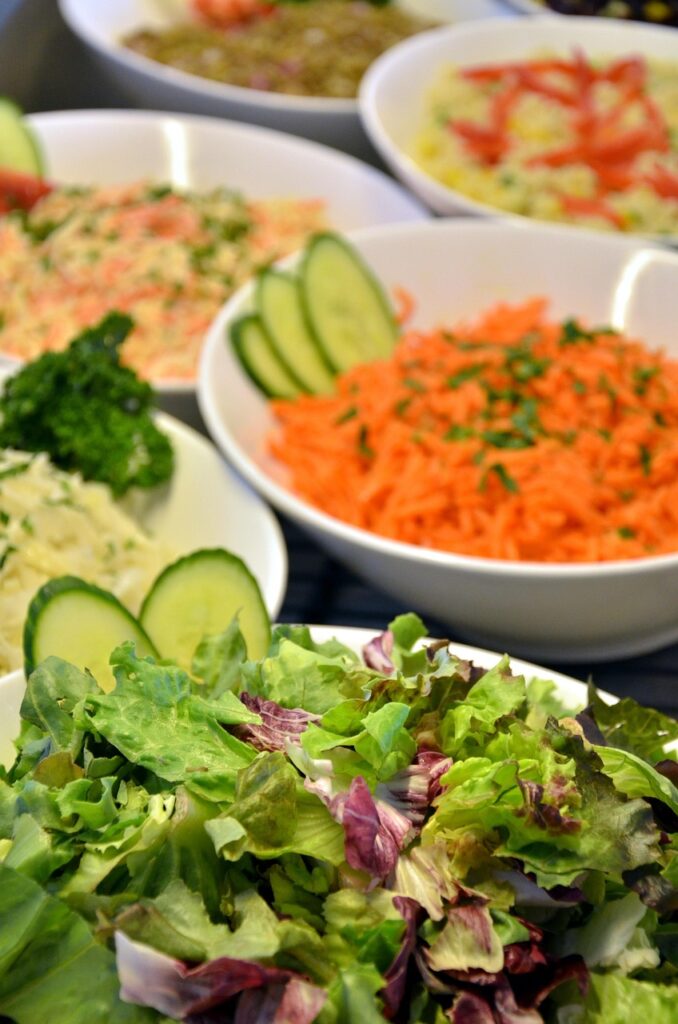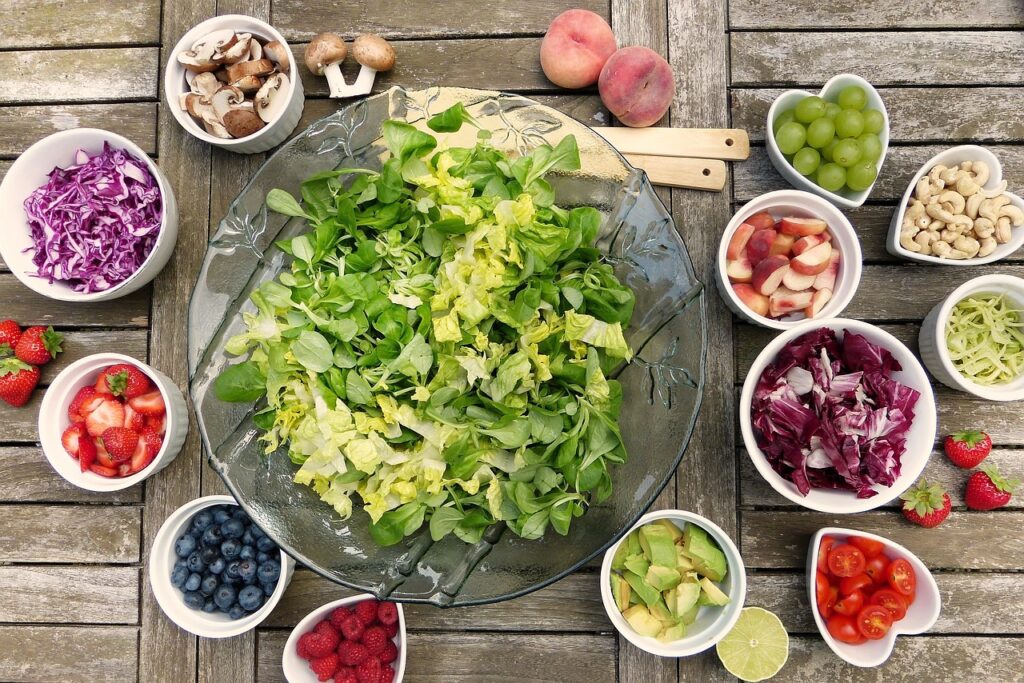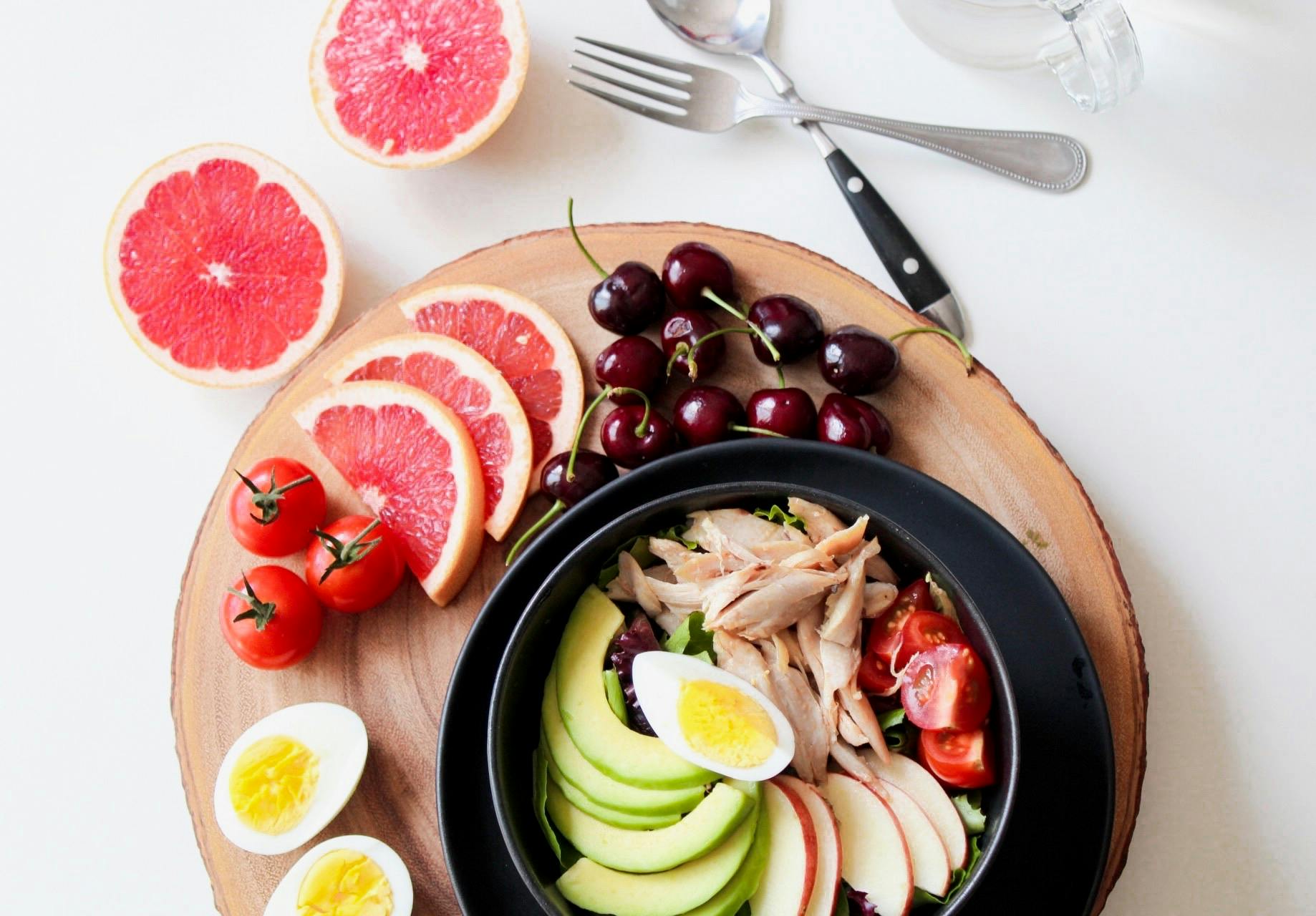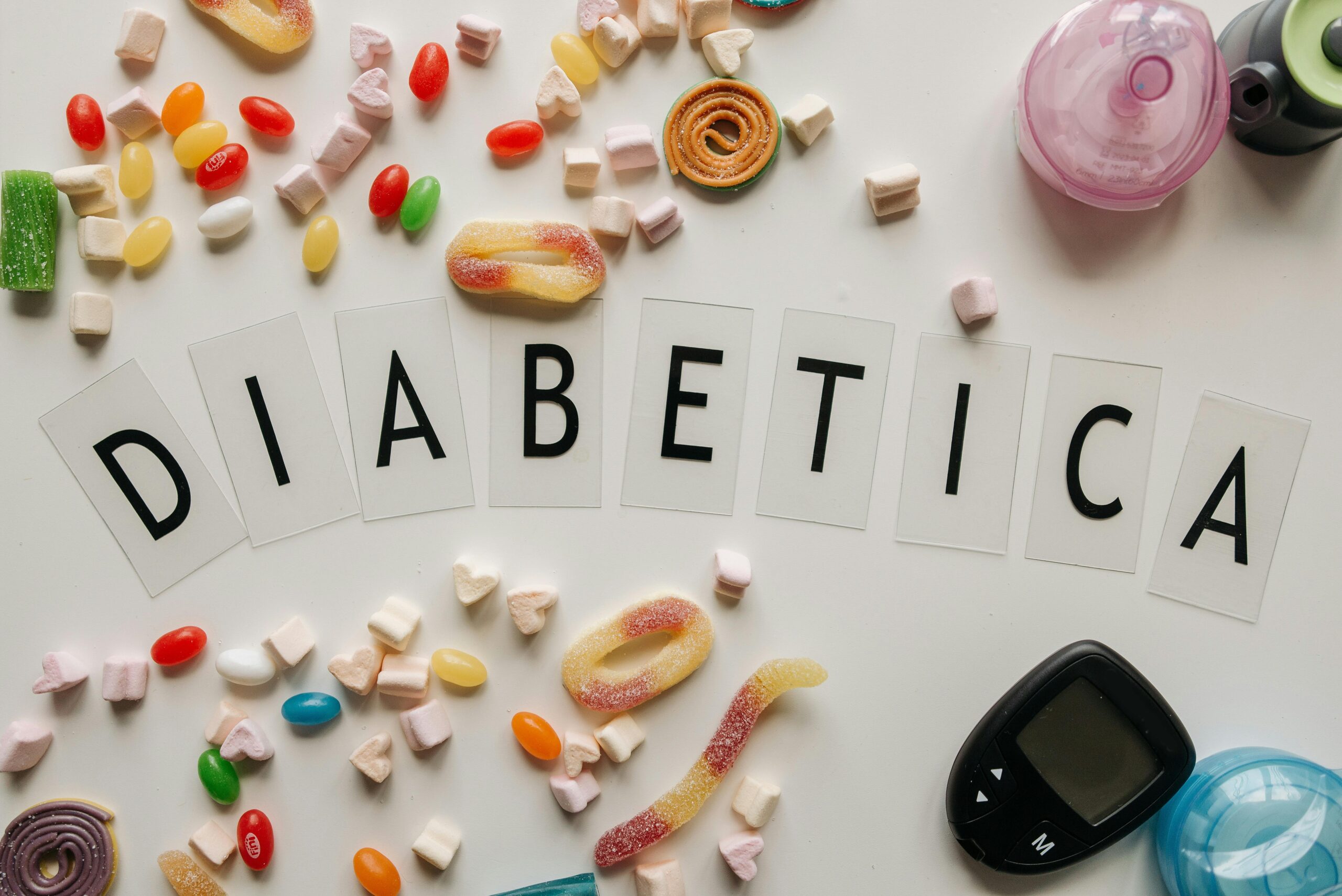Title: How to Avoid B12 Deficiency on a Vegan Diet: A Complete Guide
Introduction
A vegan diet is rich in plant-based foods and offers numerous health benefits, but it can also pose challenges when it comes to meeting certain nutrient needs. One of the most critical nutrients to monitor is vitamin B12, which is primarily found in animal products. Avoiding B12 deficiency on a vegan diet is essential for maintaining energy levels, supporting nerve function, and preventing long-term health issues. In this blog, we’ll explore practical tips and strategies to help you avoid B12 deficiency while thriving on a vegan lifestyle.
Why Is It Important to Avoid B12 Deficiency?
Vitamin B12 plays a vital role in:
- Red blood cell formation
- DNA synthesis
- Nerve function
- Energy production
A deficiency in B12 can lead to fatigue, weakness, nerve damage, and even anemia. Since B12 is not naturally present in plant-based foods, vegans must take extra steps to avoid B12 deficiency.
How to Avoid B12 Deficiency on a Vegan Diet
1. Take B12 Supplements
One of the most effective ways to avoid B12 deficiency is by taking a high-quality B12 supplement. Look for methylcobalamin or cyanocobalamin, which are the most bioavailable forms of B12.
- Dosage: Aim for at least 2,000 mcg per week or 50-100 mcg daily.
- Tips: Choose supplements from reputable brands and consult your healthcare provider for personalized advice.
2. Consume Fortified Foods
Many plant-based foods are fortified with B12, making them an excellent option to avoid B12 deficiency. Look for:
- Fortified plant-based milks (almond, soy, oat)
- Fortified cereals
- Nutritional yeast
Pro Tip: Check the labels to ensure the product contains adequate amounts of B12.
3. Incorporate B12-Rich Vegan Foods

While natural sources of B12 are limited in a vegan diet, some foods can help you avoid B12 deficiency:
- Nutritional Yeast: A popular vegan ingredient that’s often fortified with B12.
- Algae and Seaweed: Some varieties, like nori, contain small amounts of B12.
- Fortified Meat Alternatives: Many vegan burgers and sausages are fortified with B12.
4. Monitor Your B12 Levels Regularly
Regular blood tests are crucial to avoid B12 deficiency. A simple blood test can determine your B12 levels and help you adjust your diet or supplementation as needed.
- Frequency: Get tested at least once a year, especially if you’re on a strict vegan diet.
- Symptoms to Watch For: Fatigue, tingling in hands and feet, memory issues, and mood changes.
5. Educate Yourself on B12 Absorption

Even if you consume enough B12, absorption can be a challenge. To avoid B12 deficiency, consider the following:
- Stomach Acid: Low stomach acid can impair B12 absorption. If you have digestive issues, consult a doctor.
- Age: Older adults may have reduced ability to absorb B12, so supplementation is often necessary.
Sample Daily Plan to Avoid B12 Deficiency
Here’s a simple 1-day meal plan to help you avoid B12 deficiency on a vegan diet:
- Breakfast: Fortified cereal with almond milk and a sprinkle of nutritional yeast.
- Snack: A smoothie made with fortified plant-based milk and fresh fruit.
- Lunch: Lentil soup with a side of fortified whole-grain bread.
- Snack: A handful of fortified vegan energy bars.
- Dinner: Stir-fried tofu with nori seaweed and brown rice.
- Dessert: Dark chocolate (check for B12 fortification).
Common Myths About B12 and Vegan Diets
1. Myth: You Can Get Enough B12 from Plant Foods Alone
Fact: Natural plant-based sources of B12 are insufficient to meet daily requirements. To avoid B12 deficiency, supplementation or fortified foods are necessary.
2. Myth: Nutritional Yeast Alone Is Enough
Fact: While nutritional yeast is a great source, relying solely on it may not provide enough B12. Combine it with supplements or fortified foods to avoid B12 deficiency.
3. Myth: B12 Deficiency Is Rare
Fact: B12 deficiency is more common than you think, especially among vegans. Taking proactive steps to avoid B12 deficiency is crucial for long-term health.
FAQs About Avoiding B12 Deficiency on a Vegan Diet
1. Can I get enough B12 from fermented foods?
While fermented foods like tempeh and miso are nutritious, they are not reliable sources of B12. To avoid B12 deficiency, rely on supplements or fortified foods.
2. How long does it take to develop a B12 deficiency?
It can take several years for B12 stores to deplete, but symptoms can appear gradually. Regular monitoring is key to avoid B12 deficiency.
3. Are there any side effects of taking B12 supplements?
B12 supplements are generally safe and well-tolerated. However, consult your doctor if you experience any unusual symptoms.
Conclusion
Avoiding B12 deficiency on a vegan diet is entirely achievable with the right knowledge and strategies. By incorporating supplements, fortified foods, and regular monitoring into your routine, you can maintain optimal B12 levels and enjoy the benefits of a vegan lifestyle. Remember, your health is in your hands—take the necessary steps to avoid B12 deficiency and thrive on your plant-based journey.





